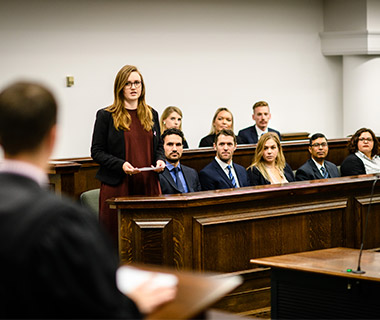What’s my role as a juror?
You must listen to all the evidence given during the trial. At the end of the trial, your job is to decide whether the defendant is guilty or not guilty.
You don’t need any legal knowledge. The judge will explain anything you need to know about the law. The judge will often give the jury a specific list of questions they need to answer to reach their verdicts. The skills you use in everyday life are all the skills you need to be a juror.
As a juror, you must follow these rules:
- Don’t talk about the trial to anyone who’s not on the jury.
This includes family/whānau, friends and the media. It also includes lawyers, witnesses and other people who might be interested in the trial. - Don’t investigate or do any research about the case.
It’s vitally important that you rely only on the information given to you at the trial. Doing your own research – like Googling the case or asking about it on social media – puts the defendant’s right to a fair trial at risk. The judge may even have to discharge (let go) the jury and abandon the trial. An abandoned trial can add to the stress on witnesses and result in major financial costs to the justice system because the trial will need to be held again. You may also face a penalty from the court. - Don’t post anything on social media (Facebook, Twitter, LinkedIn, Instagram, Snapchat, blogs) about the trial.
This applies while the trial is in progress and after it’s ended. Doing your own research or posting anything to do with the trial on social media, including photos or comments, can put you at risk of being identified as a juror. You may also face a penalty from the court. - Don’t discuss the case with other jurors unless you’re all in the jury room together.
Tell court staff straight away if you:
- have heard or read something about the case outside the courtroom that might stop you from being fair and having an open mind
- know someone connected to the case, like a witness, the defendant or a friend of the defendant.
Support is available for you
Some court cases can be distressing. If you feel upset, let court staff know. After the trial, if you need to see a counsellor, the Ministry of Justice can arrange this and will cover the cost. Tell court staff or email juryservice@justice.govt.nz.
